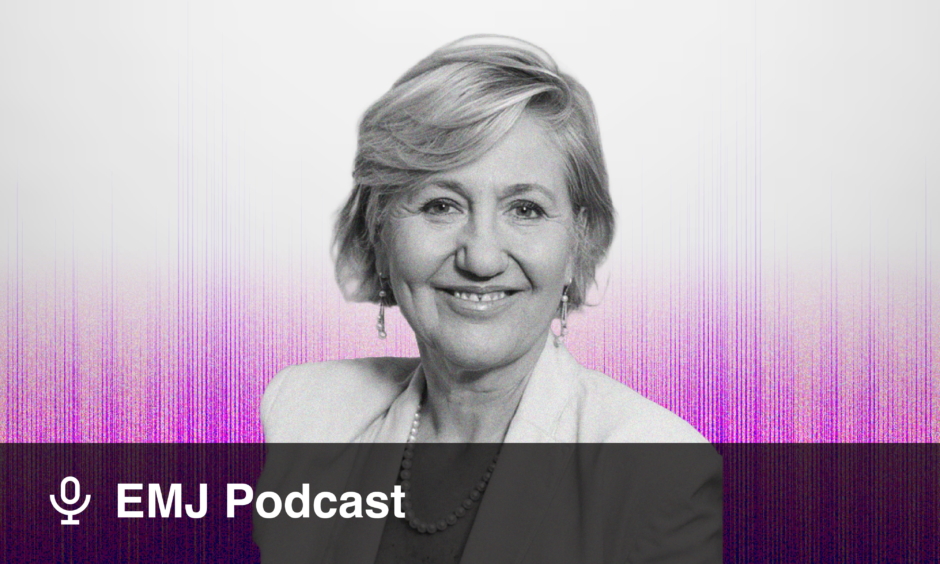Evidence Summary
IMMUNE checkpoint inhibitor therapy appears safe and effective for non-small cell lung cancer (NSCLC) in people living with HIV today according to the results of a new study. Across retrospective analyses and cohort studies synthesized in this review, response rates and survival outcomes for people living with HIV mirror those observed in individuals without HIV. Importantly, immune-related adverse events occurred at similar frequencies, and the available data did not show clinically meaningful changes in HIV viral load or CD4 T cell count during treatment. These findings suggest that clinicians may choose to consider immunotherapy for NSCLC in this population while maintaining standard antiretroviral therapy and routine HIV monitoring.
Immune Checkpoint Inhibitors in HIV NSCLC
Because pivotal trials historically excluded people living with HIV, real-world evidence now fills a critical knowledge gap. The collated studies indicate that checkpoint blockade can be integrated into oncology care for NSCLC without unique safety signals attributable to HIV status. Careful attention to baseline immune function, adherence to antiretroviral therapy, and close assessment for immune-related adverse events remains prudent. When toxicities arise, management appears consistent with standard algorithms used in the general NSCLC population.
Clinical Practice Implications
Interdisciplinary coordination between oncology and HIV specialists is essential to optimize outcomes and to align cancer treatment with virologic control. The current review underscores the need for broader inclusion of people living with HIV in future lung cancer immunotherapy trials, as well as dedicated HIV-specific studies, to refine patient selection and clarify long-term outcomes. For now, the balance of evidence supports offering immune checkpoint inhibitors to eligible patients with NSCLC who are living with HIV, accompanied by routine monitoring of symptoms, laboratory parameters, and ongoing antiretroviral therapy.
Reference: Mispelbaum R et al. Effective and safe use of immune checkpoint inhibitors for non-small cell lung cancer in people living with HIV. HIV Med. 2025;doi:10.1111/hiv.70136.








